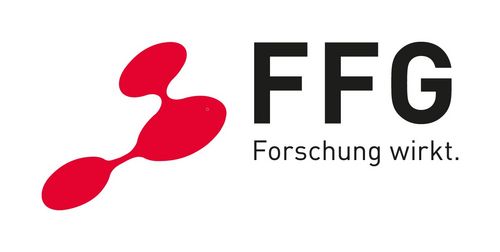Polyolefins such as polypropylene and polyethylene have contributed significantly to shaping the modern world over the last 60 years. These materials are characterized by a unique versatility of application possibilities and have enabled technological advances in all areas of modern life, from packaging to technical applications to solutions for medical technology. For the preparation of these polyolefins Ziegler-Natta catalysts are used with aluminum alkyls as activators and magnesium chloride supported titanium-based catalysts in the polymerization to a large extent. Despite many advantages Ziegler-Natta catalysts also have limitations such as a poor tolerance to polar monomers. One goal of this collaborative project is to modify the organometallic component of the catalyst system in order to afford polymers or copolymers of olefins, such as ethylene or propylene, with polar monomers, such as vinyl acetates, vinyl amides or vinyl phosphates. These new polymers should improve properties such as printability, adhesion and also the barrier to gases. Further sub-goals of the project are the improvement of the activity of Ziegler-Natta catalysts by modification of the metal alkyls used in the synthesis of the catalysts by heterocompounds. This should also improve the processability of these components in the catalyst synthesis by reducing the viscosity. Through the targeted incorporation of active Lewis pairs into the support structure of Ziegler-Natta catalysts, it is possible to use these catalysts to activate small molecules such as hydrogen and carbon dioxide and to polymerize funktionalized monomers. Thus, the possible applications of the novel, modified catalysts can be significantly expanded.
This project is funded by the FFG.
